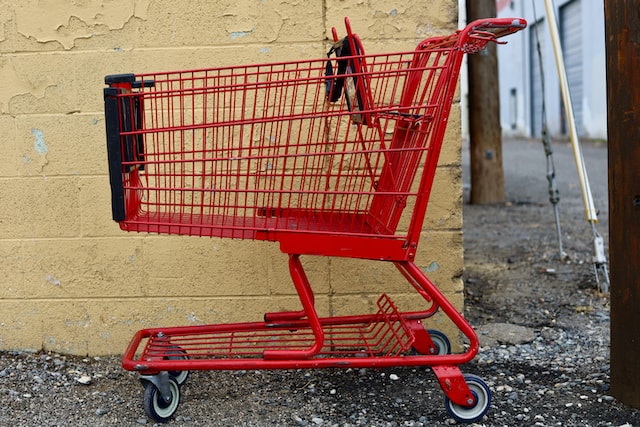The Science Behind Shopping Cart Wheels
Carts are a staple of many retail businesses. They are often used for various purposes, from holding inventory to serving customers.
But carts can be a nuisance, too. They wind up in alleys, bus stops, and even in artwork by street artist Banksy.
But shopping cart wheels and casters are designed to withstand the weight of merchandise. So why do they sometimes lock up?
The Forces of Gravity
The force that pulls objects with mass toward them is known as gravity. It keeps you on the ground and controls the trajectories of planets and other objects in our solar system and the universe.
Grocery shopping cart wheels are typically made from a polyurethane or TPE (TetraPlastic Elastomer) tread. They are a type of caster wheel with a belt-shaped plastic rubber coating molded around a caster bearing’s outer sleeve.
These cart wheels need to be strong enough to carry the weight of your store’s products, and they must also be light enough to allow customers to maneuver them easily through your establishment. They also need to contain anti-theft mechanisms so your carts aren’t stolen. They’re an essential component of any grocery store cart but are more complex than you might think.
The Forces of Air Resistance
Air resistance, or drag, is the frictional workforce that air exerts against a shifting object. It depends on an object’s speed or velocity, with higher velocities encountering more air resistance than lower ones.
When a cart moves, the wheels rub against air molecules, generating friction that heats the wheel and slows down the object. This is the same for any moving object, from a ball rolling across a table to a car driving down the road.
If shopping cart wheels become crooked or bumpy, they can no longer roll easily and will cause the cart to drag on the floor. This needs to be improved for the customer’s shopping experience and can increase floor maintenance costs for retail stores. A quality caster and wheel are essential for smooth and fluid cart movements.
The Forces of Friction
A shopping cart (American English) or trolley (British English, Australian English) is a wheeled cart that customers use to carry merchandise around retail store premises. These carts are often stacked high with heavy items, which can overload the wheels and casters.
The force that opposes a motion between two surfaces is called frictional force. Many factors influence the frictional force, including the surface’s texture and the force applied to push them together.
Static friction increases with the force applied until it reaches an upper limit. At this point, the frictional force becomes equal to the normal force and begins to support the object’s weight. Friction is a non-conservative force; some mechanical energy is transformed into heat and lost. This is why choosing a quality shopping cart wheel that will withstand friction forces is essential. The best wheel choice is one with high-performance caster material and superior dimensions.
The Forces of Contact
Carts and trolleys are essential to providing customers with a smooth shopping experience in retail environments. The ease of maneuverability and handling of these carts can increase customer turnover, boosting store profitability.
Nevertheless, these carts are subject to many environmental factors that can make the wheels and casters unusable. Cartwheels and casters have a tough job, from rolling over gravel and hitting curbs to exposure to extreme hot and cold temperatures and corrosive materials.
Overloading is one of the most common issues that can cause carts to lose mobility. This often happens in furniture retailers or other establishments that deal with heavy items loaded into carts and trolleys. Overloading can lead to the casters and wheels becoming overloaded with weight, which can prevent them from moving or even falling off of the cart. When this occurs, it is essential to determine the issue and how it can be fixed.




